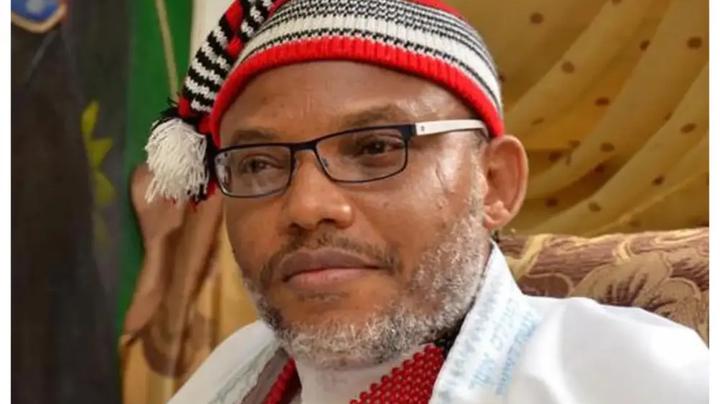Justice James Omotosho of the Federal High Court has explained why he did not impose the death penalty on Nnamdi Kanu, the leader of the Indigenous People of Biafra, IPOB, despite the gravity of the terrorism charges against him.
Delivering judgment on Thursday, the judge stated that although the offences legally carried a death sentence, he chose to temper justice with mercy.
According to him, his decision was influenced by moral considerations and the teachings of the Christian faith.
Quoting from the book of Matthew, Justice Omotosho noted that Jesus Christ emphasized mercy, and he felt compelled to apply that principle in this case.
According to Daily Post, he added that global attitudes toward capital punishment have shifted significantly, with the international community increasingly opposing the death penalty.
This, he said, further strengthened his resolve to forgo the maximum punishment, even though, in his words, Kanu “deserved to die” under the law.
The judge delivered the ruling after a landmark judgment in which Kanu was convicted on all seven counts of terrorism brought by the Department of State Services (DSS).
He said the prosecution presented clear, credible, and sufficient evidence proving its case beyond reasonable doubt.
Kanu, however, opted not to present a defence, instead choosing to rely entirely on the prosecution’s evidence—a strategy the court described as a risky gamble that left it with no alternative but to convict him.
Justice Omotosho condemned Kanu’s pursuit of a Biafra nation through violent means, describing the actions of IPOB under his leadership as consistent with those of a terrorist organization.
He stressed that while grievances may exist, resorting to violence can never be justified under the law.
Despite the severity of the offences, the judge maintained that justice must be balanced with compassion, ultimately sentencing Kanu to life imprisonment rather than death. View, More,
Explore More News By Using The Button.

